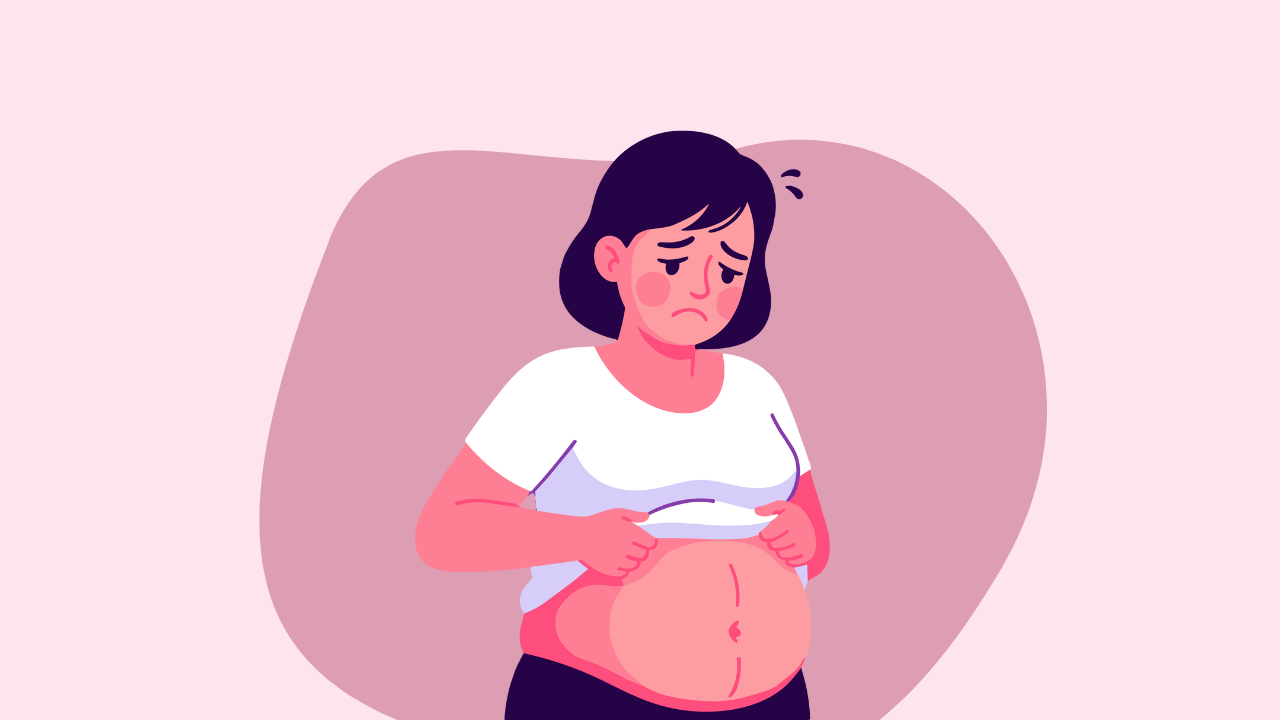Should Women Over 80 Still Get Mammograms? This Study Says Yes

There’s a moment in every woman’s life when she starts to wonder if routine screenings are still necessary. Especially after 75, when the guidelines get vague and the conversations with your doctor become more “it depends” than “here’s what’s best.”
But a recent study out of UCLA might change that conversation. Researchers followed 174 women between the ages of 80 and 98 who were diagnosed with breast cancer. They wanted to know if there was any benefit to continuing mammograms in those later years. What they found was compelling.
Women Who Were Screened Lived Longer
Out of the 174 women in the study, nearly 100 had a mammogram within two years of their diagnosis. These women had a 74 percent lower risk of death and a 55 percent lower chance of their cancer returning. Even after accounting for age, tumor biology and whether they had surgery, the screened group came out ahead.
It wasn't just about survival either. The type of cancer, the size of the tumor and the treatment options were all better in women who had been screened. Their tumors were smaller. Their cancers were less aggressive. Their options were broader.
Why Earlier Detection Still Matters
The difference in how cancer was found between the two groups speaks volumes. In the women who skipped screenings, 80 percent found a lump on their own. In the screened group, only 25 percent found their cancer this way.
That means many women who weren’t screened were dealing with larger tumors, more advanced stages and harder decisions. Some ended up needing mastectomies. Others skipped surgery altogether. But the women who had regular mammograms were more likely to get breast-conserving treatment and radiation therapy instead of more drastic interventions.
The Truth About Aging and Mammograms
It’s easy to assume that mammograms become less useful with age. But the opposite is often true. As we age, our breast tissue becomes less dense. That makes it easier to spot abnormalities on imaging.
The study backs that up. It also aligns with a 2017 analysis of the National Mammography Database, which found that mammograms actually get more accurate with age. Fewer false alarms. Better cancer detection. More reliable outcomes.
The Guidelines Are Still Mixed
If this sounds like a clear case for continued screening, you might be wondering why it isn’t already standard practice. That’s where it gets tricky. The U.S. Preventive Services Task Force doesn’t offer guidance for women over 75, saying there isn’t enough evidence. The American Cancer Society says to continue only if you’re in good health with at least 10 years of expected lifespan. The American College of Radiology encourages screening as long as you’re healthy and willing to follow up.
Translation? It’s up to you and your doctor. And yes, your doctor’s opinion can heavily influence your decision. But so can this kind of data.
What About False Positives?
It’s true that false positives still happen. About 11 percent of women over 80 may get one. That can mean additional testing or procedures, which bring stress and financial pressure. But for many women, especially those who are active and engaged in their health, the potential to catch a cancer early may outweigh that concern.
Women are living longer. The number of Americans over 65 is growing faster than any other age group. By the time you hit your 80s, your health may look different than your neighbor’s, your sister’s or your mom’s. That’s why this study is so powerful. It reminds us that age alone shouldn’t decide whether we continue to look out for our health.
Screening doesn’t stop being valuable just because the calendar says so. It becomes a personal choice, guided by your body, your health and the evidence that shows mammograms can still make a difference—yes, even after 80.







